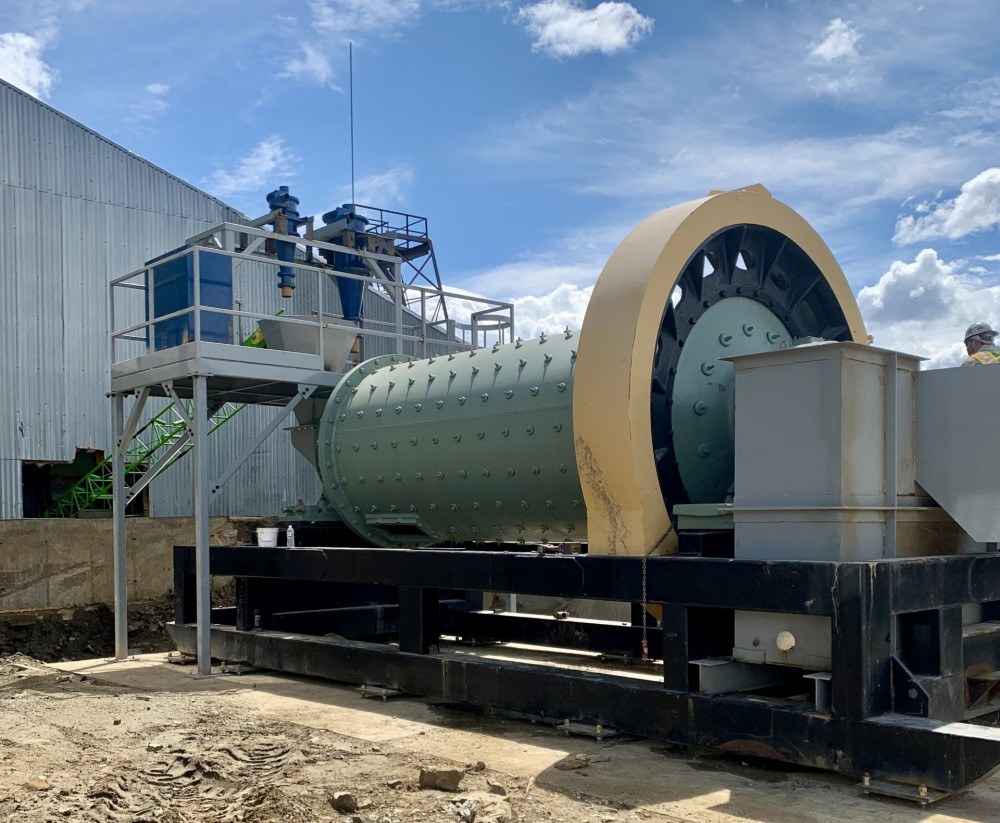Land scarcity has always been a defining feature of the city, with much of the usable land already developed. This drives competition, planning challenges, and innovation in urban design. Skyscrapers dominate the skyline, and even modest apartments play a significant role in shaping lifestyle and affordability within the city.

Importance
Understanding Hong Kong real estate matters for several reasons:
-
Housing demand: The market directly affects residents’ access to housing and quality of life.
-
Economic impact: Property values and land leases are major contributors to government revenue.
-
Global influence: International companies and investors monitor the city’s property trends, as they reflect economic stability and financial market confidence.
-
Urban planning: Decisions in the property sector shape infrastructure, transportation, and environmental strategies.
-
Social impact: Housing affordability and space constraints influence daily living conditions and public discussions on inequality.
For residents, the market determines access to homes and apartments. For businesses, it influences rental space, office availability, and operational planning. For policymakers, it provides revenue while also raising challenges about affordability and housing supply.
Recent Updates
The Hong Kong real estate market has experienced several important changes in 2024–2025:
-
Easing property restrictions (October 2023 – February 2024): The government adjusted cooling measures, including reducing stamp duties for some buyers, to stimulate housing demand.
-
Price adjustments (2024): Residential property prices showed a modest recovery after earlier declines, influenced by global interest rate changes and local economic activity.
-
Land supply initiatives (2024–2025): Continued development in the Northern Metropolis project and reclamation plans under the Lantau Tomorrow Vision aim to address long-term land shortages.
-
Green building focus (2024): There has been an increase in sustainable property development, with new guidelines promoting energy-efficient housing and commercial projects.
-
Office market trends (2025): Demand for Grade A office space is stabilizing as international businesses re-establish operations in the city, although flexible work arrangements continue to affect occupancy rates.
These updates highlight the balance between government policies, economic recovery, and the ongoing challenge of limited land availability.
Laws or Policies
The Hong Kong property sector is strongly shaped by government rules and policies. Some of the most relevant include:
-
Stamp Duties Ordinance: This includes the Buyer’s Stamp Duty (BSD), Double Stamp Duty (DSD), and Special Stamp Duty (SSD), aimed at managing demand and curbing speculative transactions.
-
Land Lease System: All land in Hong Kong is leasehold, meaning it is owned by the government and leased to individuals or companies, usually for 50 to 99 years.
-
Urban Renewal Authority (URA): This organization oversees redevelopment projects, improving older neighborhoods and increasing housing supply.
-
Northern Metropolis Development Strategy: A long-term policy aiming to provide new housing and economic zones in the northern New Territories.
-
Green and sustainable building codes: Updated requirements encourage environmentally responsible construction and energy efficiency.
These regulations help maintain stability in the market, balance affordability, and support sustainable growth, although they also influence price dynamics and public accessibility.
Tools and Resources
A number of tools and resources can help individuals understand and explore Hong Kong real estate:
-
Rating and Valuation Department (RVD): Provides official property price indices and reports.
-
Hong Kong Monetary Authority (HKMA): Publishes data on interest rates and mortgage trends.
-
GeoInfo Map by the Lands Department: An interactive map that shows land use, lease information, and planning details.
-
Centadata: A public database offering transaction records, price trends, and estate-level statistics.
-
Mortgage calculators: Widely available online for estimating repayment amounts based on property values and loan terms.
-
Urban Renewal Authority (URA) resources: Offers details on redevelopment projects and community plans.
These resources are valuable for students, researchers, residents, or anyone looking to gain a clearer understanding of the property landscape in Hong Kong.
Example Table: Key Features of Hong Kong Real Estate
| Feature | Description |
|---|---|
| Land Ownership | Leasehold system, all land owned by the government |
| Housing Density | Among the highest in the world, with vertical living |
| Key Regulations | Stamp duties, leasehold renewals, redevelopment laws |
| Market Challenges | Affordability, limited supply, high demand |
| Future Development Plans | Northern Metropolis, Lantau Tomorrow Vision |
Why is Hong Kong real estate so expensive?
Property in Hong Kong is costly because of limited land supply, high population density, and strong demand from both local and international buyers. Government reliance on land revenue also contributes to price levels.
What is the Northern Metropolis project?
The Northern Metropolis is a large-scale development plan in the northern New Territories, aiming to provide housing, employment, and infrastructure to balance urban growth across Hong Kong.
Are foreign individuals allowed to purchase property in Hong Kong?
Yes, foreign individuals can purchase property, but they are subject to additional stamp duties such as the Buyer’s Stamp Duty.
How is land ownership structured in Hong Kong?
All land is owned by the government under a leasehold system. Individuals and businesses lease land for fixed periods, often 50 or 99 years, with renewal subject to government terms.
What role does real estate play in Hong Kong’s economy?
Real estate is one of the largest contributors to government revenue through land sales and stamp duties. It also affects financial services, investment, and household wealth.
Conclusion
The Hong Kong real estate market is one of the most unique in the world, shaped by its geography, policies, and role as an international financial hub. It is both a local necessity and a global indicator of economic trends.
Recent updates in 2024 and 2025 show efforts to balance affordability, economic recovery, and sustainability. Government policies such as land supply initiatives, redevelopment programs, and green building codes continue to influence the market’s direction.
For beginners, understanding the context, regulations, and available resources is essential to grasp how this complex system functions. Whether viewed through the lens of housing, urban planning, or global investment, Hong Kong real estate remains a central feature of the city’s identity and future development.




